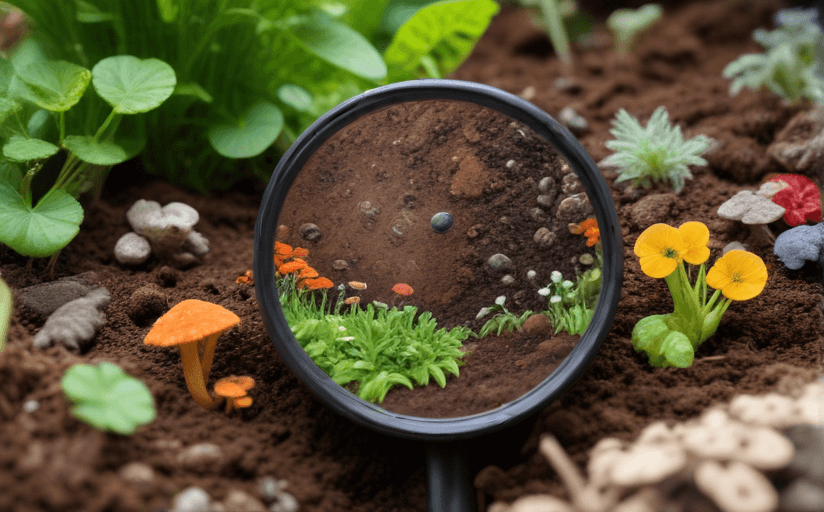The Role of Microorganisms in Maintaining a Healthy Garden
In the vast world of horticulture, microorganisms, including bacteria, fungi, algae, protozoa, and viruses, play a crucial role in creating and maintaining a balanced and thriving garden. Although these tiny organisms are not visible to the naked eye, their incorporation into your gardening practices can transform the health and sustainability of your green space.
Microorganisms: Silent Garden Helpers
Microorganisms, or microbes, support your garden in a myriad of ways:
- Nutrient Cycling: Microorganisms are masters of nutrient recycling. They decompose plant and animal matter, releasing essential nutrients back into the soil to promote plant growth. For instance, bacteria such as Rhizobium live symbiotically with legumes, converting nitrogen from the air into a form plants can use.
- Decomposition of Organic Matter: Fungi break down organic matter, like dead plant roots or fallen leaves, into humus--a dark, nutrient-rich material that enhances soil fertility and water retention. Think about turning your kitchen scraps into a compost pile; it's the fungi and bacteria at work that swiftly break down this waste into valuable compost.
- Promoting Plant Health: Many beneficial microorganisms can stimulate plant growth beyond simple nutrient provision. Mycorrhizal fungi, for example, can establish a mutualistic relationship with plants, improving drought resistance and tolerance to diseases.
- Protection Against Diseases: Microorganisms also serve as the plant's defense system. They outcompete or produce compounds detrimental to pathogenic microbes, effectively suppressing plant diseases. A real-world example is Bacillus subtilis, a bacterium used in commercial biocontrol products to combat a wide array of plant pathogens.
Maximizing the Microbial Potential
Understanding these tiny organisms' significant roles in garden health and sustainability, here are some ways to best utilize them:
- Composting: Composting not only reduces household waste but also recycles nutrients and enriches your garden soil with helpful microbes. Include a diverse mix of materials like fruit peels, coffee grounds, and dried leaves to ensure a broad range of microorganisms.
- Mulching: Applying organic mulch on your garden bed minimizes soil disruption and creates a conducive environment for microorganisms. It also helps in keeping the soil moist, a plus point for microbial activity.
- Minimize Chemical Use: Synthetic fertilizers and pesticides may initially boost plant growth but can harm beneficial soil microorganisms in the long run. Opt for organic and natural alternatives whenever possible.
Remember, as gardeners, we are also stewards of the billions of microorganisms that call our gardens home. By understanding and harnessing these microorganisms, we can promote the health and diversity of our plants while contributing to the overall sustainability of our environment.

















Comments
Leave a Comment